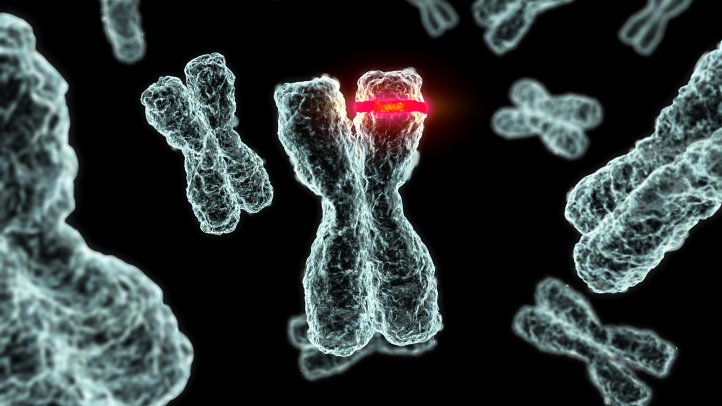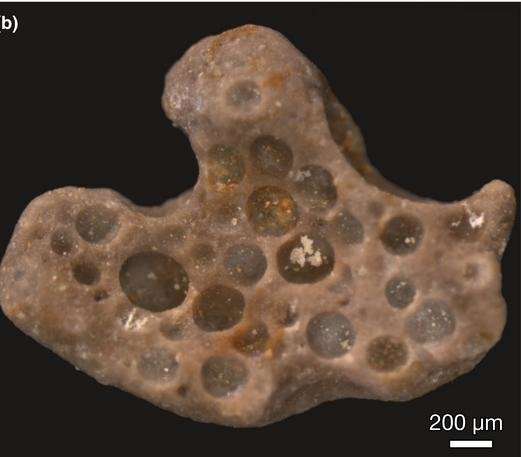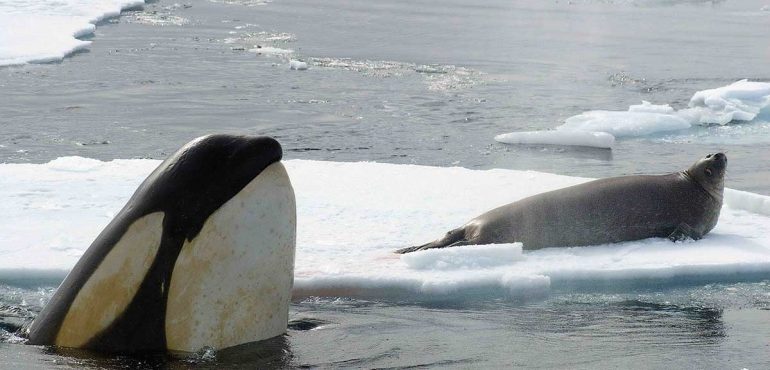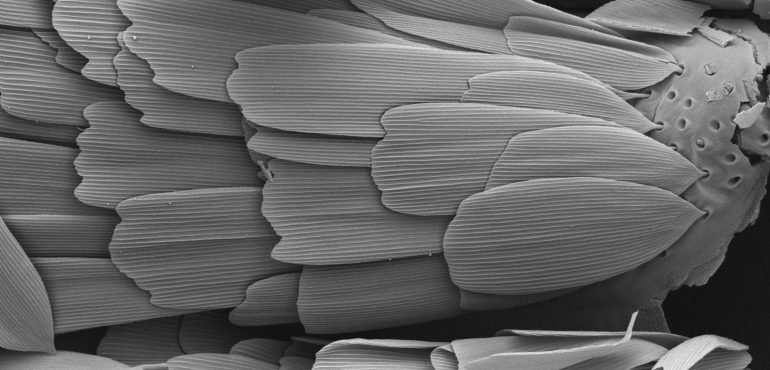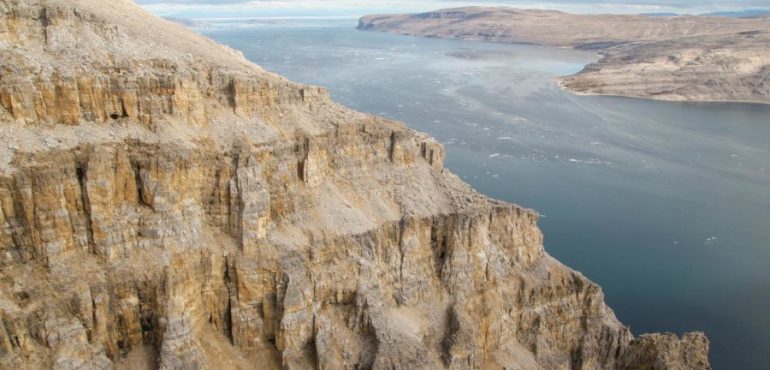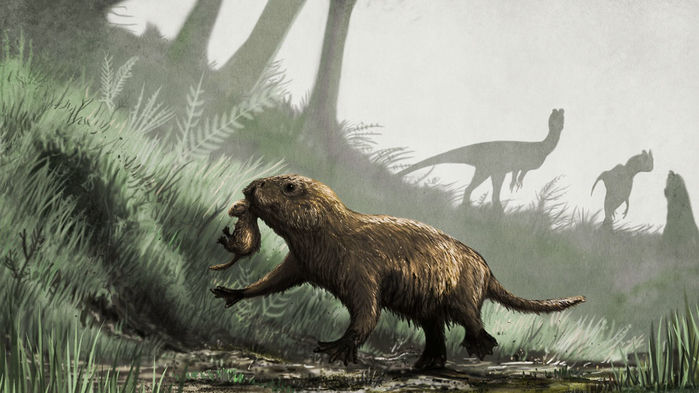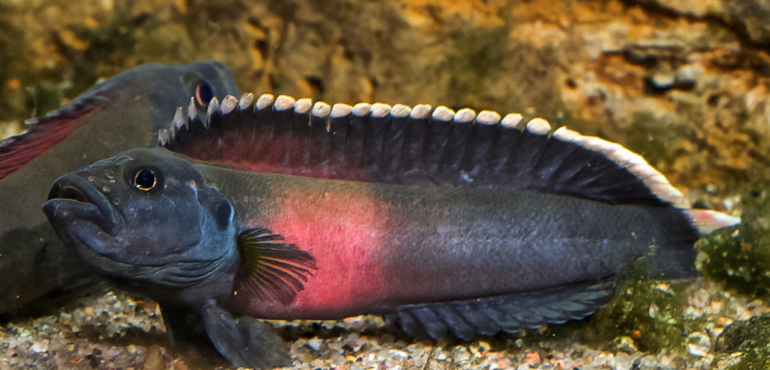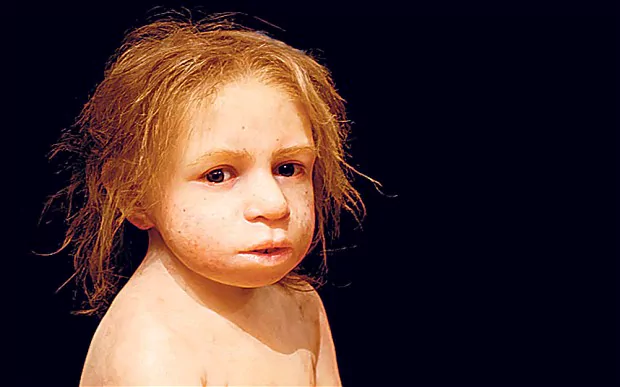DNA mutations cause tumor cells to grow out of control, but they also generate variety that enables organisms to adapt to their environments and evolve. Until now, biologists have only had crude methods for estimating the average rates and effects of mutations. But in a new study, biophysicists have documented individual mutations as they happen in bacterial cells.…
Read more
Mutating DNA caught on film
